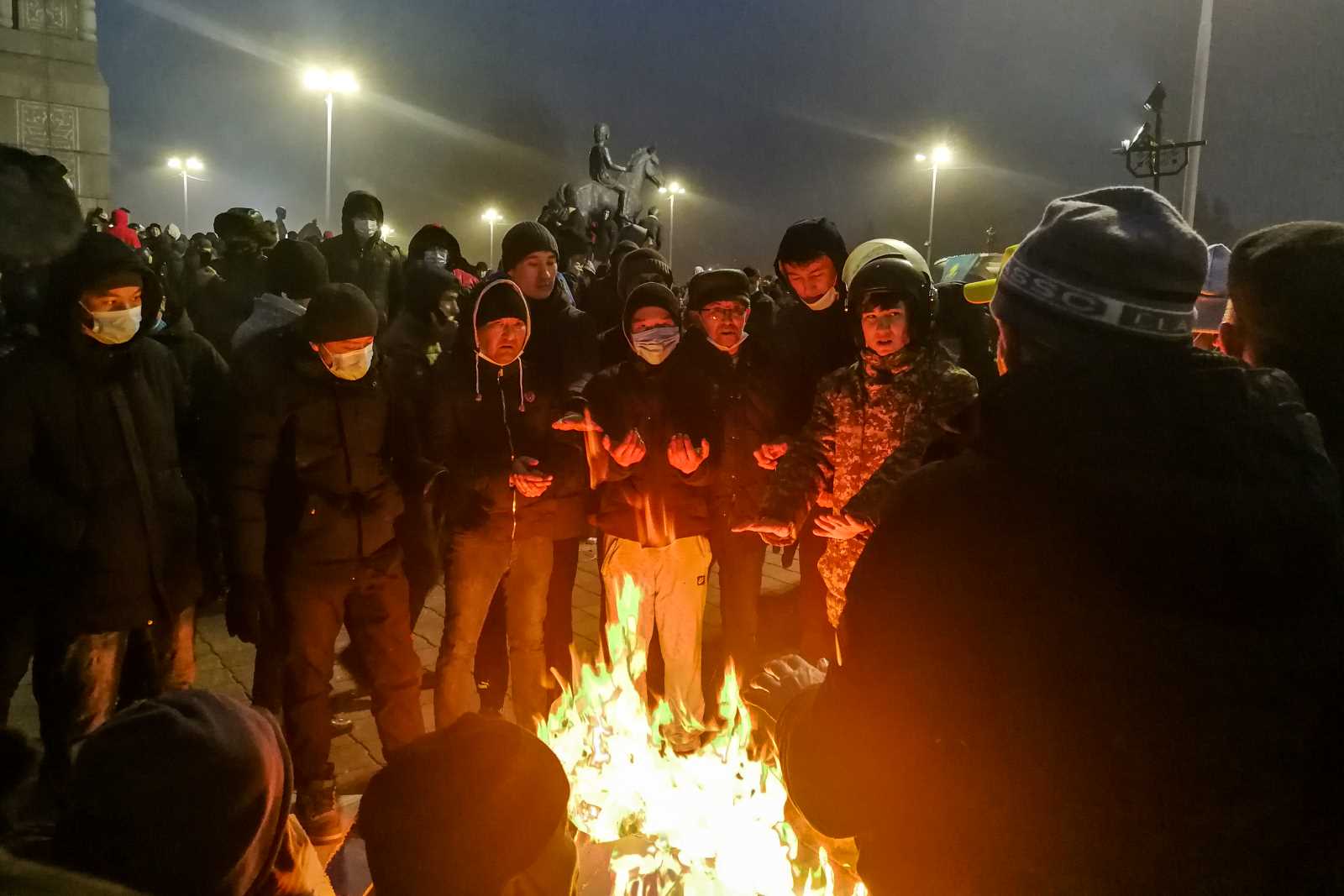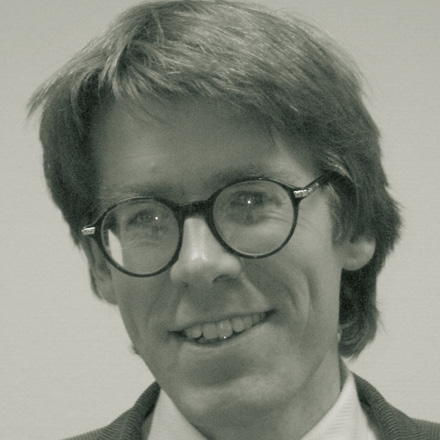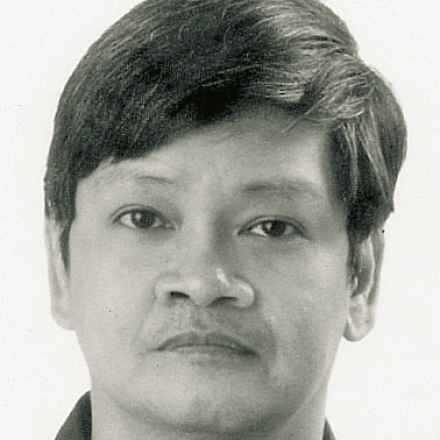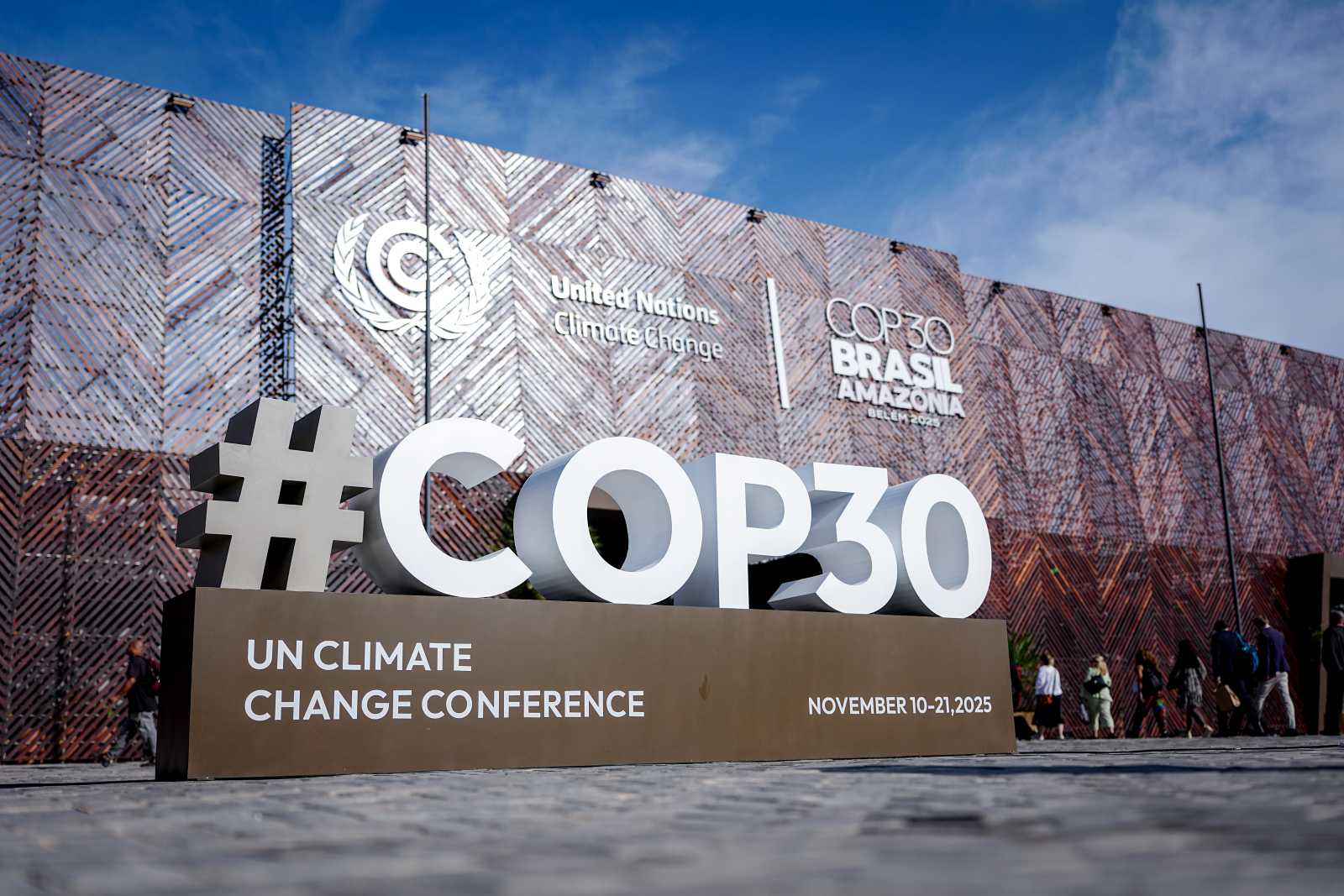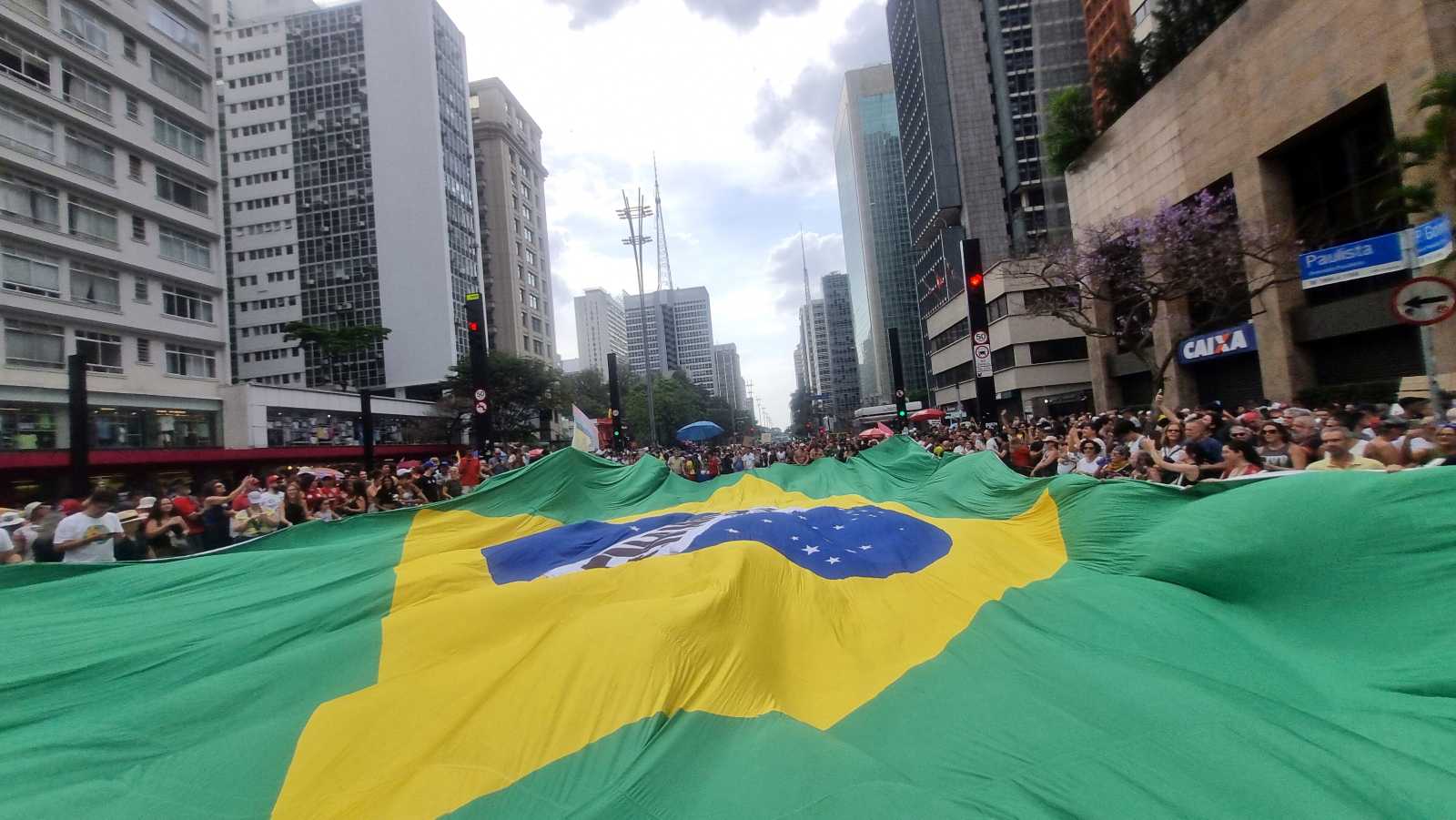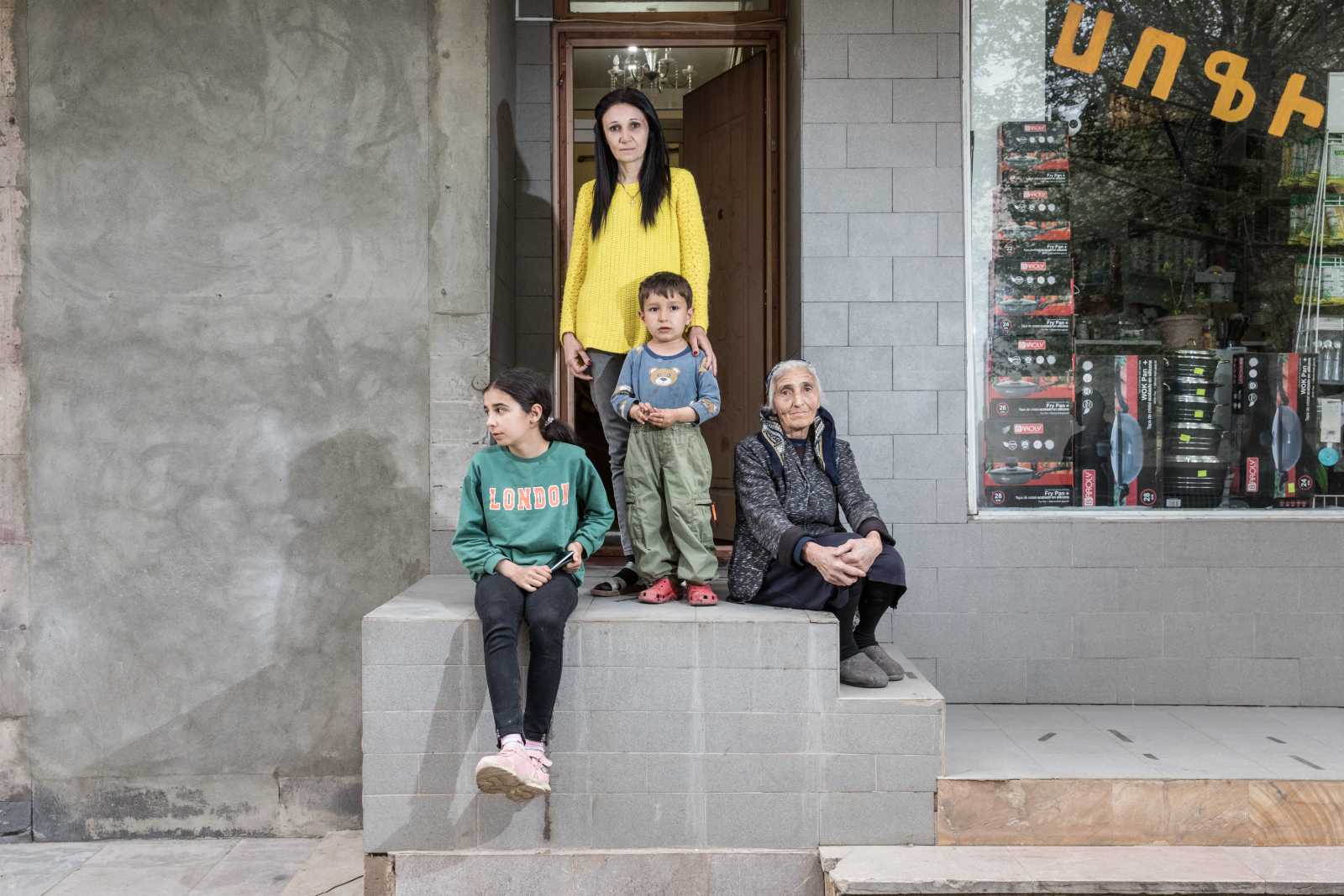Local government
Mixed feelings
Democracy is a prerequisite for human development. In turn, democracy depends on a vibrant civil society that is in a position to actively engage in political decision-making. Peru’s non-governmental organisations (NGOs) have long been committed to overcoming social and regional imbalances. In 2000, after the end of President Alberto Fujimori’s authoritarian rule, they were in favour of decentralisation as had been laid out in the country’s constitution of 1979. By 2004, the legal framework for related reforms was in place.
At the time, there was widespread consensus on:
- strengthening municipalities and regions vis-à-vis the central government in Lima,
- boosting popular participation in decision-making, and
- modernising the public administration.
There were high hopes, but scepticism too. Civil society activists did not want the new policy to reduce government to its core functions. Instead, they wanted the state to assume an active role in bridging social and regional disparities.
In the meantime, powers and jurisdictions have been shifted from the capital to Peru’s 25 regions, 200 provinces and 1,600 districts. Nonetheless, the reforms are still considered incomplete and inconsistent. In 2012, Javier Díaz-Albertini Figueras and Walter Melgar Paz conducted a study for the German development agency Brot für die Welt – Evangelischer Entwicklungsdienst (Bread for the World – Protestant Church Development Service) and the Lima-based Escuela para el Desarrollo. The authors asked Peruvian NGOs to assess their role in the reform process. Our essay is based on their findings.
More than administrative issues
When public functions were first transferred from Lima to the regions, many NGOs had high expectations. They assumed that local politicians and bureaucrats would become more likely to take into account the demands and suggestions made by citizens, who have rights and entitlements. Earlier, municipal leaders had been appointed by the central government and basically saw local people as supplicants. NGOs wanted municipal and regional autonomy to result in public services and investments being geared to the needs of the people. They hoped new kind of locally-centred development dynamism would set in, involving politicians, administration and citizens.
NGOs view political decentralisation as a basis for establishing a new and more democratic culture. In their eyes, decentralisation is far more than merely administrative reform. The Peruvian central state has always favoured the interests of political and economic elites. Accordingly, NGOs, which have a long history of promoting self-organisation and self-help among impoverished urban and rural communities, view decentralisation as a chance for participatory democracy at the local level.
As early as the 1970s and 1980s, many grass-roots organisations emerged in Peru. They were no longer prepared to wait for the government to finally take on poverty at some point in time. They had begun to take their fate into their own hands, driving change in their communities and designing and implementing various projects. These outfits tended to be more internally democratic than traditional organisations. In some places, mayors even cooperated closely with these new NGOs, but the Fujimori government was prone to cut funding to the municipalities concerned.
Strengthening state and citizens
Self-help experience proved useful in the decentralisation process. Thanks to public participation, government agencies and society are not so far apart as they used to be anymore. At least at the local level, the distance has become smaller.
Obviously, the track records diverge from place to place. The laws regarding local public budgets or the elaboration of development plans are the same all over the country. Debates involving local leaders, bureaucrats and civil society are mandatory. Things do not run well, however, unless:
- there is the political will to improve state-citizen relations,
- local government staff is trained adequately, and
- NGOs insist on joint forums being established and used.
To the extent that citizens perceive government agencies as becoming more transparent and responsive, the state is gaining in credibility.
More evidence of change is that members of grass-roots movement are increasingly being elected to public office. Influence is accordingly lost by parties that gravitate towards capital politics, expecting their regional and local activists to tow the line and rewarding loyalty with patronage. Peruvian NGOs that share the interest in decentralisation, network easily among one another. Though their local settings are quite diverse, they have managed to leave their mark on the reform process in three fundamental aspects, according to Díaz-Albertini and Melgar (see box on p. 114).
NGOs are convinced that the decentralisation process has become irreversible. That is evident, among other things, in the distribution of public funds. In 2009, municipal and regional authorities were in charge of 74 % of all public investments; the comparative figure for 2004 was a mere 34 %. Today, municipal and regional authorities are confident and strong enough to oppose the national government’s recurring attempts to re-claim foregone central powers.
In many instances, moreover, Peru’s people now insist on being involved in decision making, even beyond the currently established frameworks. NGOs want to ensure that the wealth generated thanks to high economic growth rates in the past decade is shared fairly so it serves to bridge social and regional gaps. Today, the central government is finding it increasingly difficult to implement major infrastructure or mining projects without first consulting the people affected.
Many NGOs are disappointed in the reform results however. Some argue that a more consistent reform of the state apparatus with more clearly defined redistribution of tasks and funds would have had a greater impact. As the chasm between Peru’s poor and rich remains far too wide, decentralisation cannot be considered a ground-breaking success.
Sceptical civil society
Many civil society activists have begun to wonder whether it is really their job to make the political system run smoothly, given that the structural changes, which would make the social and regional differences surmountable, have yet to materialise. Are NGOs in fact squandering the energy of Peru’s poor people by promoting their participation in local politics, which only result in marginal change? Are they fighting pointless battles, as political parties and bureaucracies give scant regard to deepening democracy, but rather pursue opaque policies based on patronage?
In 2011, when President Ollanta Humala took office, NGOs spelled out proposals to re-launch the faltering decentralisation process. They continue to strive for ambitious political and social goals and do not consider administrative efficiency a goal in itself. Unfortunately, the new government is not responding so far.
Monika Huber is a former development policy adviser at the Berlin Bureau of the Evangelischer Entwicklungsdienst (Protestant Development Service).
hubermonikahuber@web.de
Wolfgang Kaiser is a member of the South America desk of Brot für die Welt – Evangelischer Entwicklungsdienst (Bread for the World – Protestant Development Service).
wolfgang.kaiser@brot-fuer-die-welt.de
